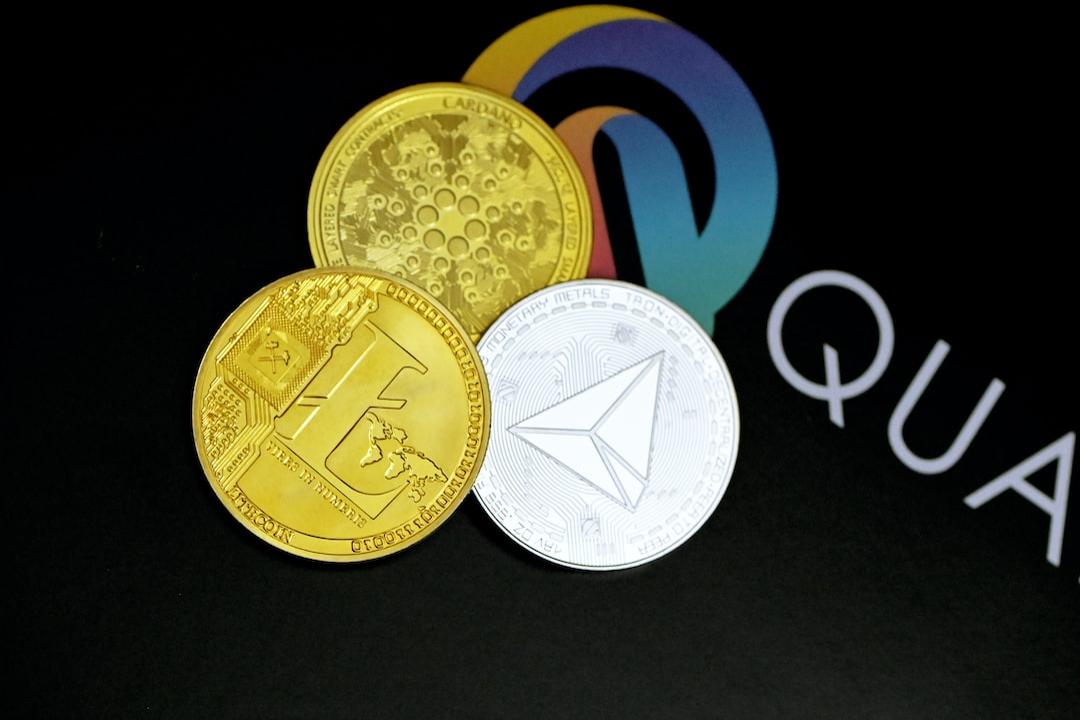Meta is forging ahead in metaverse gaming with the integration of generative AI technology, as indicated by a recent job posting.
Meta aims to revolutionize metaverse gaming by incorporating generative artificial intelligence (AI) technology, according to a recent job listing. The company intends to explore and prototype “entirely new types of gameplay” within the metaverse, leveraging generative AI alongside virtual, augmented, and mixed-reality games. Meta envisions games that are non-deterministic, personalized, and capable of evolving with each playthrough, promising experiences that are currently beyond imagination.
The job listing, which offers a salary of approximately $347,000 annually plus bonuses, equity, and benefits, is initially based in Meta’s Reality Labs division, focusing on metaverse development. The role involves collaboration with company leadership and includes responsibilities such as accelerating content creation tools on Meta’s platforms. While Horizon, Meta’s integrated game creation system within the metaverse, is the primary focus, the position could expand to encompass other platforms like mobile and PC.
Meta acknowledges the rapid advancement of generative AI in content creation and aims to lead the industry with substantial investments in this field. This initiative comes as Meta allocates billions to its metaverse division, despite reporting a $3.8 billion loss in the first quarter of this year.
The adoption of metaverse technologies by businesses for virtual meetings, training sessions, and customer engagement is on the rise. Post-pandemic, virtual reality is increasingly used for remote work and collaboration. Moreover, the integration of blockchain with metaverse technologies is a significant trend, providing secure transaction infrastructure and digital ownership, thereby enhancing user experiences and generating new economic opportunities.
Major tech companies like Meta, Microsoft, Tencent, and Nvidia are heavily investing in the metaverse to enhance their platforms and create novel user experiences. For instance, Meta has invested $50 million in global metaverse research and development, while Epic Games secured $1 billion, including a $200 million contribution from Sony.
However, Meta has faced setbacks in its AI initiatives in Brazil. The country’s national data protection watchdog has prohibited Meta from using personal data of Brazilian users for training its AI models. The National Data Protection Authority has mandated the immediate suspension of Meta’s new privacy policy, which involved utilizing photos, audio, videos, and posts for AI training. Noncompliance could lead to a daily fine of 50,000 Brazilian real (approximately $8,800). Meta has expressed concern that this decision will delay the introduction of AI benefits to the Brazilian population, despite Brazil being a significant market with 102 million active users on Meta’s social media platform, Facebook, according to the regulator.

